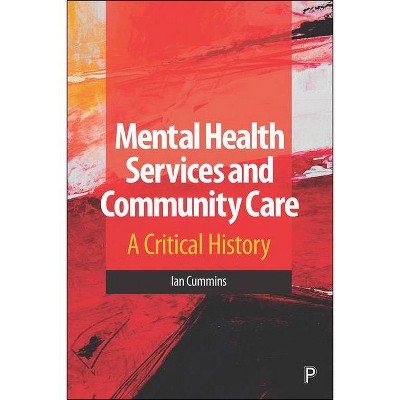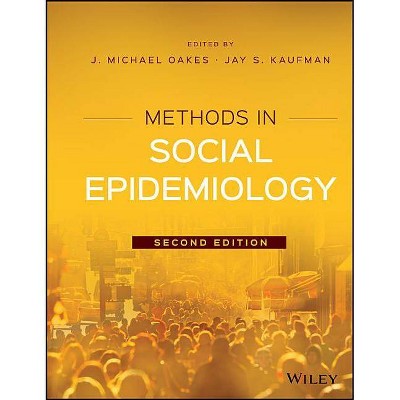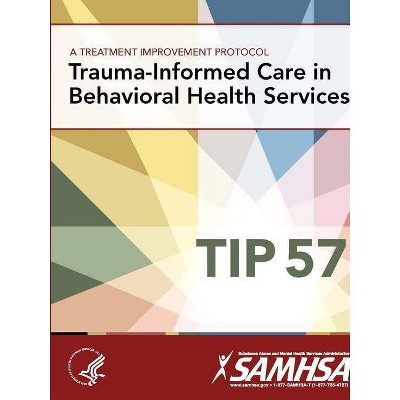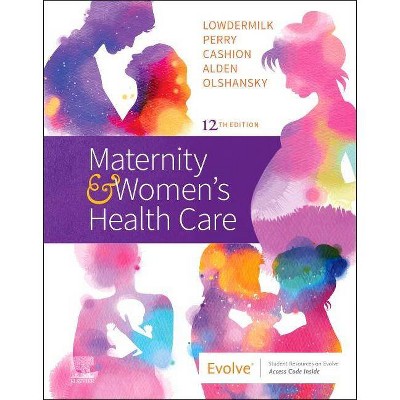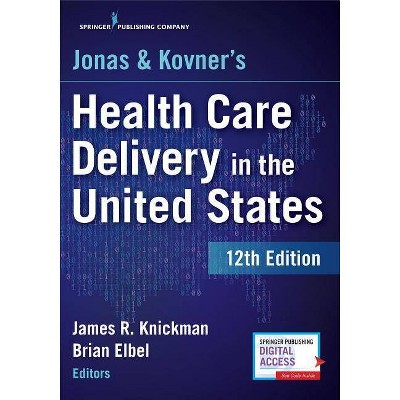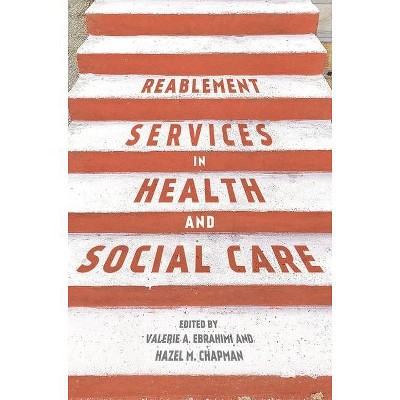Epidemiology and the Delivery of Health Care Services - 3rd Edition by Denise M Oleske (Hardcover)
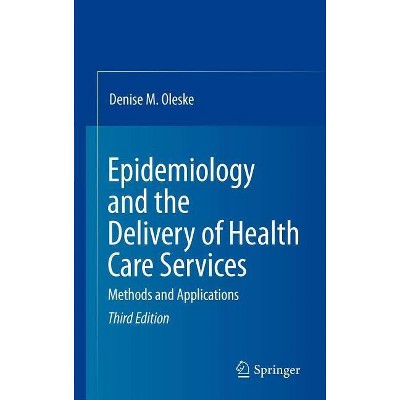
Similar Products
Products of same category from the store
AllProduct info
<p/><br></br><p><b> About the Book </b></p></br></br><p>This fully revised and updated edition addresses the fundamentals of epidemiological methods and statistics applicable to evolving systems, programs, technologies and policies in the healthcare industry. New chapters discuss casual thinking, economics, ethics, and web resources on a global scale.</p><p/><br></br><p><b> Book Synopsis </b></p></br></br><p>This completely revised and updated edition of an outstanding text addresses the fundamental knowledge of epidemiological methods and statistics that can be applied to evolving systems, programs, technologies, and policies. This edition presents new chapters on causal thinking, ethics, and web resources, analyzes data on multinational increases in poverty and longevity, details the control of transmissible diseases, and explains quality management, and the evaluation of healthcare system performance.</p><p/><br></br><p><b> From the Back Cover </b></p></br></br><p>Epidemiology and the Delivery of Health Care Services</p> <p>Methods and Applications, Third Edition</p> <p></p> <p>Denise M. Oleske, Davenport University, Grand Rapids, Michigan</p> <p></p> <p> </p> <p>Rising costs, aging and growing populations, and increasing competition for funds and resources are shifting the focus of health care delivery and management from the individual patient to the patient population. This change calls for more effective targeting of patients, more efficient assessment of needs and delivery of services, and better use of information technologies to improve population health.</p> <p></p> <p>The new Third Edition of <em>Epidemiology and the Delivery of Health Care Services</em> is one of the most complete and authoritative works on the subject, brimming with case studies, graphics, action lists, and learning outcomes for ease of understanding. The book's in-depth epidemiologic framework begins with the basics (defining problems, collecting reliable data, assessing risks), moves on to offer innovative and seasoned techniques for research and service delivery, and covers a wealth of salient issues, including: </p> <p></p> <ul> <p> <li>The impact of epidemiology on public health policy.</li> <p></p> <p> <li>Epidemiology as an essential element of infection prevention and control.</li> <p></p> <p> <li>Data sources with implications for population-based health services planning and evaluation.</li> <p></p> <p> <li>Epidemiology as a driver of quality health care.</li> <p></p> <p> <li>Screening and surveillance in health promotion.</li> <p></p> <p> <li>Epidemiology as a means of fostering patient safety.</li> <p></p> <p> <li>Health service strategies for reducing epidemiologically identified environmental health risks. </li> <p></p></ul> <p><em>Epidemiology and the Delivery of Health Care Services</em>, Third Edition, is ideally suited to graduate students in health administration, public health, health information management, nursing, and allied fields. It also makes an excellent text for graduate courses in epidemiology, health care policy and health services research. </p><p/><br></br><p><b> Review Quotes </b></p></br></br><br>From the reviews of the third edition: <p>"Health care managers as well as epidemiologists, whether classic or "non-classic" will find this book a valuable addition to their reference shelf. " <br><em>(American Journal of Epidemiology, 155:6 (2002)</em> <p>"This book illustrates the importance and utility of epidemiologic principles and methods in understanding how healthcare delivery can affect population health. ... The intended audience includes graduate students in healthcare administration, nursing, public health, health information management, and related fields. ... This book also would be a good resource for currently practicing healthcare administrators. ... a valuable resource for graduate students and healthcare administrators. ... I would consider using this book in a course intended for students in MPH or MHA programs ... ." (Mary E. Charlton, Doody's Review Service, March, 2010) <p> "...Epidemiology and Delivery of Health Care [is for] health care managers, who can use epidmeliologic methods to reduce errors in clincal care and acheive population-wide health improvements. After studying the text, mmanagers can expect to converse more intelligently with epidemiologists-asking for the analysis that they need, understanding the data betterm and recognizing the limitations of epidemiologic studies. Clinicians who read the book are likely to develop a new respect for a science that may have left them dozing the first time around." (Karunesh Tuli, MD, PhD, JAMA, 2010. 303:15) <p> "This comprehensive book can serve as a valuable resource for graduate students and healthcare administrators." (Doody Book Review)<br>
Price History
Price Archive shows prices from various stores, lets you see history and find the cheapest. There is no actual sale on the website. For all support, inquiry and suggestion messagescommunication@pricearchive.us
